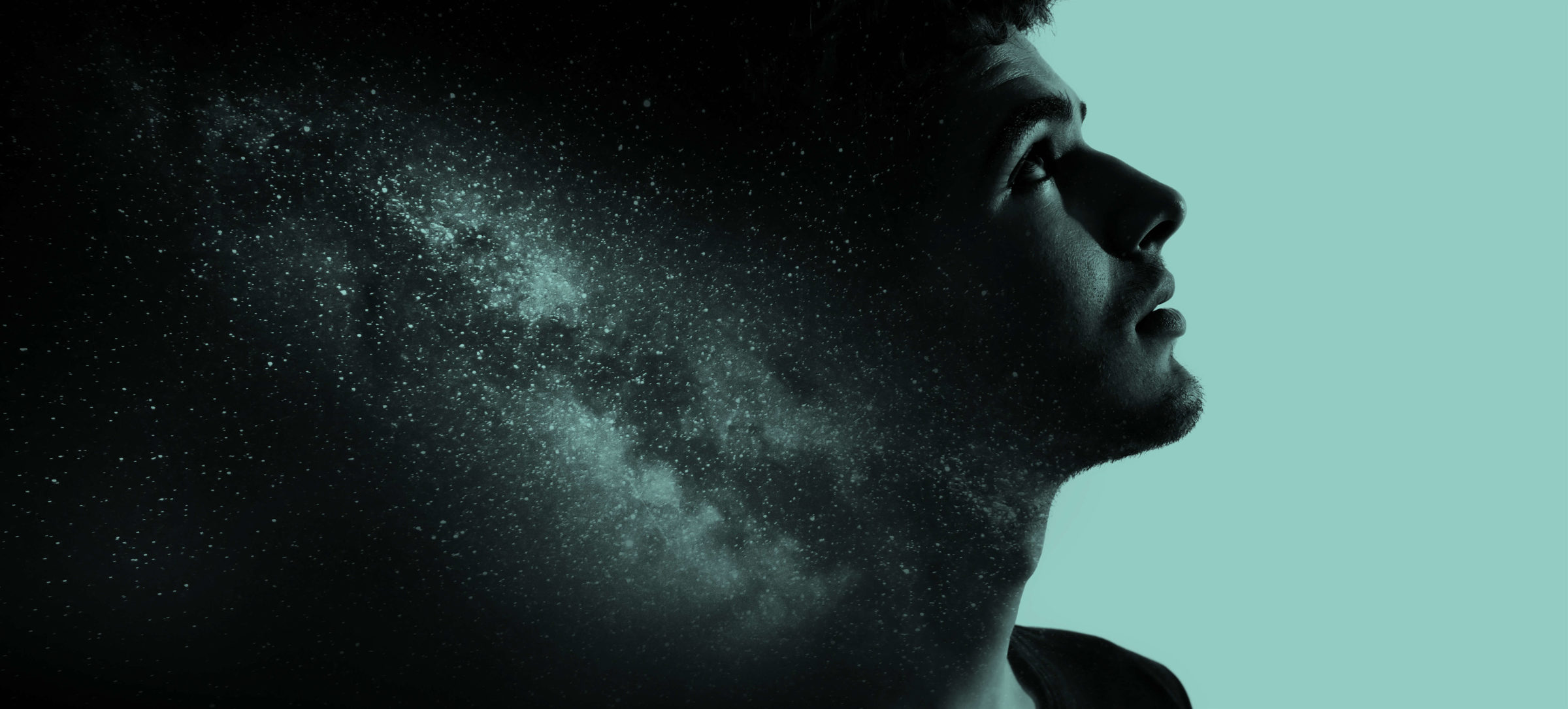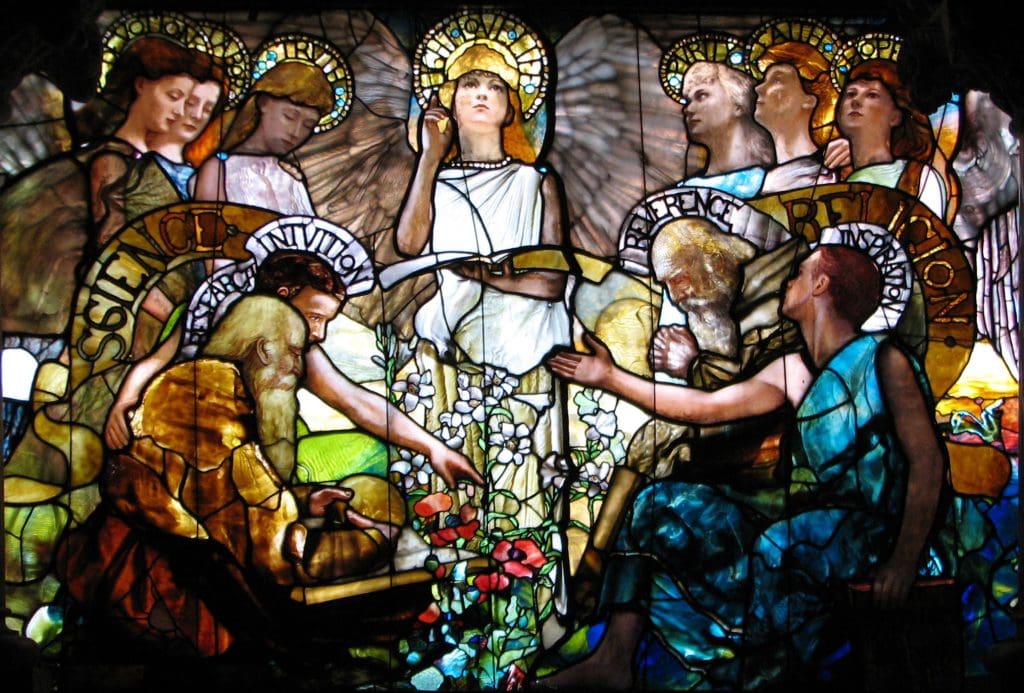
Where is the Evidence? Privileging Science over Religion
By Joel Thiessen

When I examine comment sections online in response to stories about religion in Canada, remarks almost inevitably spiral into a religion versus science debate. In my book, The Meaning of Sunday: The Practice of Belief in a Secular Age – based on ninety interviews with those in Canada who identify with a Christian group and attend church weekly (active affiliates), those who identify as Christian and attend services mainly for religious holidays or rites of passage (marginal affiliates), and those who do not identify with any religion and never attend religious services (religious nones) – I explore what explains higher and lower levels of religiosity. Among many other central findings the following four observations pertaining to religion and science stand out.
Decreased Involvement: Many marginal affiliates and religious nones once attended religious services every week. Intellectual disagreement is the sixth (of eight) most common reason for their decreased religious involvement, an explanation partially informed by the perceived tension between religion and science. The deepest levels of disaffiliation, where an individual abandons all religious belief and practice, is found among religious nones who see a fundamental conflict between religion and science.
Privileging Science: About one-quarter of religious nones in my sample identify as atheists who privilege a scientific worldview over a religious one. Christine validates current research on why people do not believe in God when she states,
“I guess I’m an atheist … I don’t believe there’s anything more than science and nature.” Darryl agrees: “If someone came to me with some evidence, I’d be happy … to look at it. But unless and until there’s that evidence … I believe that there is probably not a God.”
Max is an atheist in his thirties:
“I eventually had to conclude … If some new evidence appears or is discovered … the power of science in terms of affecting our daily life collectively and individually was just greater … than faith. … I would use faith as the … anchor for any of these religions … I still think that science’s predictive power, its ability to be duplicated on demand … it brings more to the table in any kind of discussion about how we should build a future.”
Sheltered from Science: Several marginal affiliates and religious nones believe that religious groups are afraid of science and thus shelter members from thinking scientifically. William grew up in the Roman Catholic Church. He no longer identifies with any religion, in part because of tensions between religion and science. His perspective of the Church is that,
“You need to believe in what I say and you can’t question the approach of the church, and then the big bang theory … what’s the science behind it? And then religion tells you, don’t worry about the science, just believe blindly … but explain to me the science, and it’s like, don’t believe in the science … Focus on just believing and … do what I say … don’t follow your heart … just go with blind faith … And then we’ve seen evolution, and especially in the 1900s, if you don’t believe in evolution then look around you … the evolution that we’ve gone through in the last hundred years … and I think that’s where … the church has a hard time … science versus the religion … I saw the science … it’s more mathematical, science, than religion where … you don’t have proof other than the Bible, which was written how many years ago by people you don’t even trust.”
Max states,
“Those people also teach that to their children … that faith is a virtue … not just the willingness to believe something in the absence of evidence but it’s almost the insistence to keep on believing it even when the evidence is contrary … I think that sets them up to … lose critical judgment … And you don’t have any evidence to support that, other than your … entitlement to an opinion and your faith.”
Max goes on to note how religious people have been wrong in the past on scientific matters (e.g. belief that the world was flat) and that religious people have previously opposed scientific inquiry that, if followed, would have kept significant scientific advances from occurring (e.g. electricity).
Greater Involvement: Few marginal affiliates or religious nones claim any desire for greater involvement in a religious group. However, if there was anything that could potentially lead to greater involvement, science is a variable for consideration. Thomas says,
“Yeah, evidence and support of the claims made about the universe … if there was … evidence that was … falsified according to scientific method, then … I would have to seriously look at it … If there was evidence, I would look at it very, very closely … I honestly don’t believe that that evidence is coming, but … I’m open to it.”
Four central observations stand out to me. First, science is one of many reasons for disaffiliation; it is not the lead reason, however. Second, privileging scientific assumptions over religious assumptions is key to the relative absence of religious belief and practice for some, particularly atheists. Third, a perception exists among some marginal affiliates and religious nones that religious groups shelter members from science, reason, and logic, preferring instead to encourage faith and willful ignorance. Fourth, greater religious involvement is unlikely among marginal affiliates and religious nones, unless (for some) religious claims are proven true with science and evidence; and they are doubtful that this will ever occur.
I cannot offer generalizable sociological statements about the science-religious discussion in all of Canada based on this interview data alone. Yet as I examine various studies which suggest that Canada is increasingly secular – and Canadian discourse is generally leery of religious belief and practice (especially those who are “too religious”) – I think we should anticipate that science will have an increasingly privileged social position over religion in the future.
 Joel Thiessen is Associate Professor of Sociology at Ambrose University in Calgary, Alberta, Canada (www.joelthiessen.ca) and author of the newly released The Meaning of Sunday: The Practice of Belief in a Secular Age (McGill-Queen’s University Press, 2015).
Joel Thiessen is Associate Professor of Sociology at Ambrose University in Calgary, Alberta, Canada (www.joelthiessen.ca) and author of the newly released The Meaning of Sunday: The Practice of Belief in a Secular Age (McGill-Queen’s University Press, 2015).
